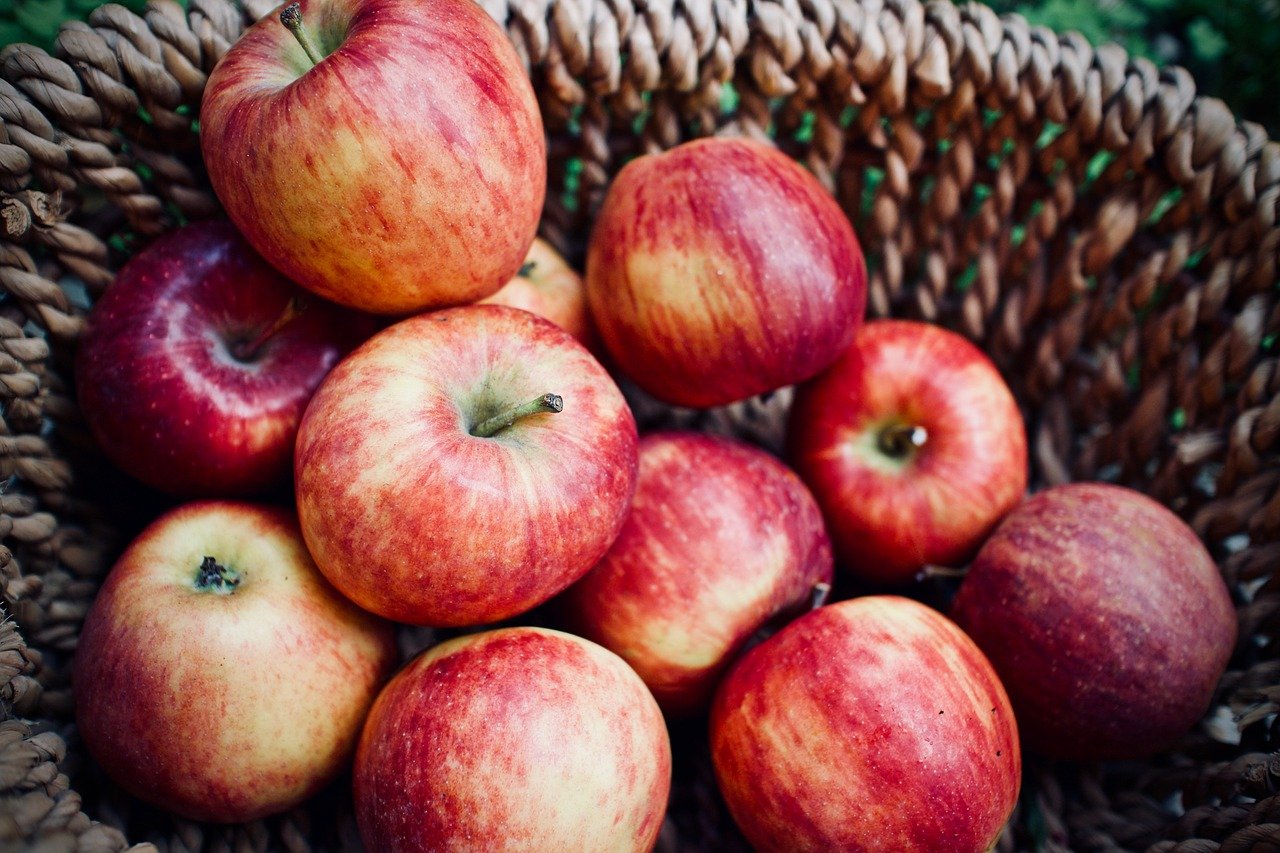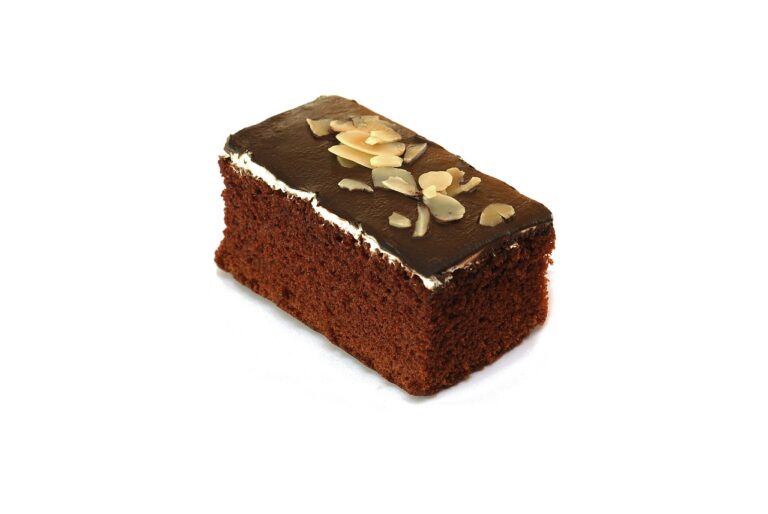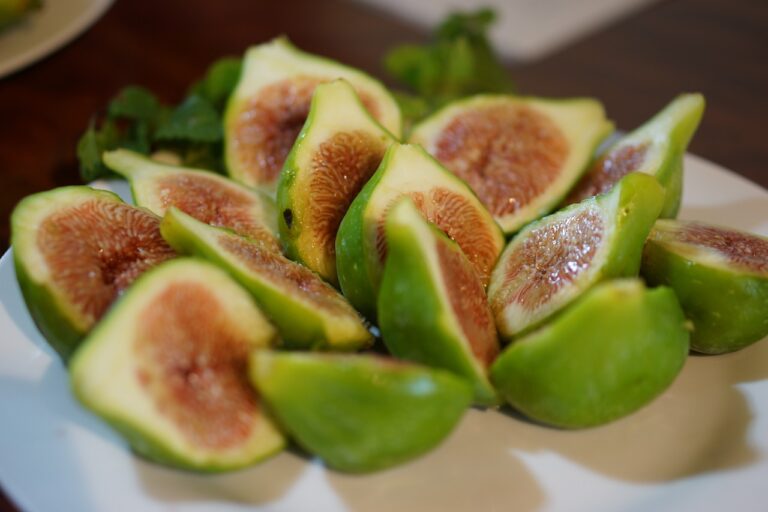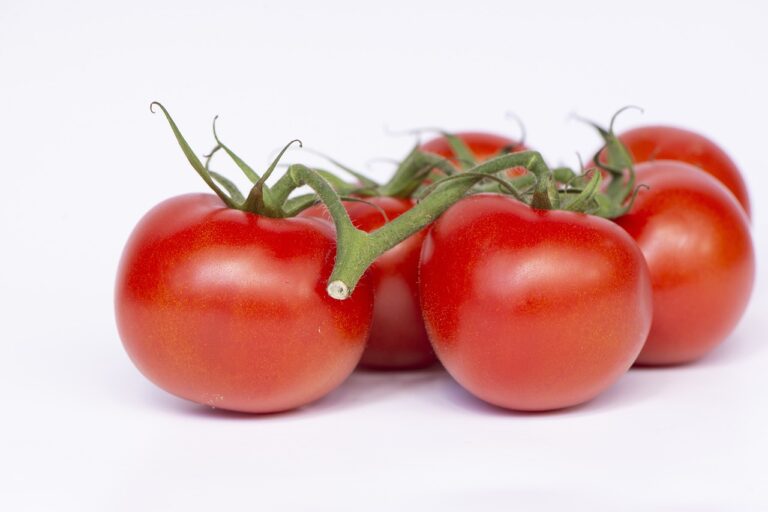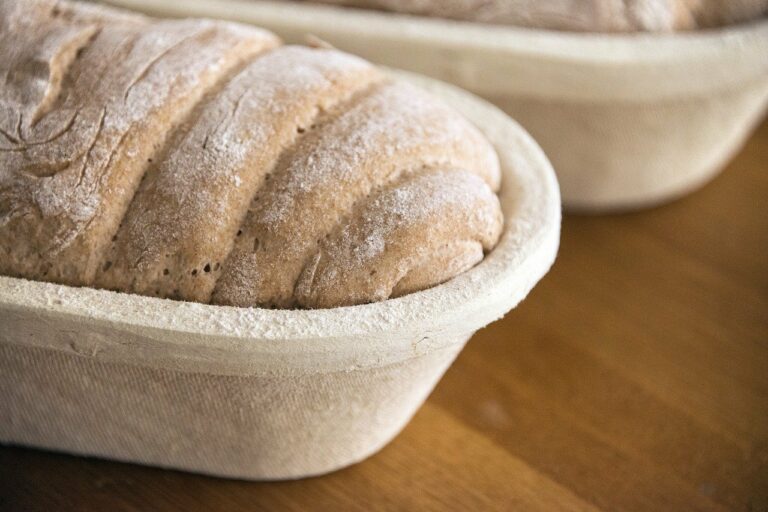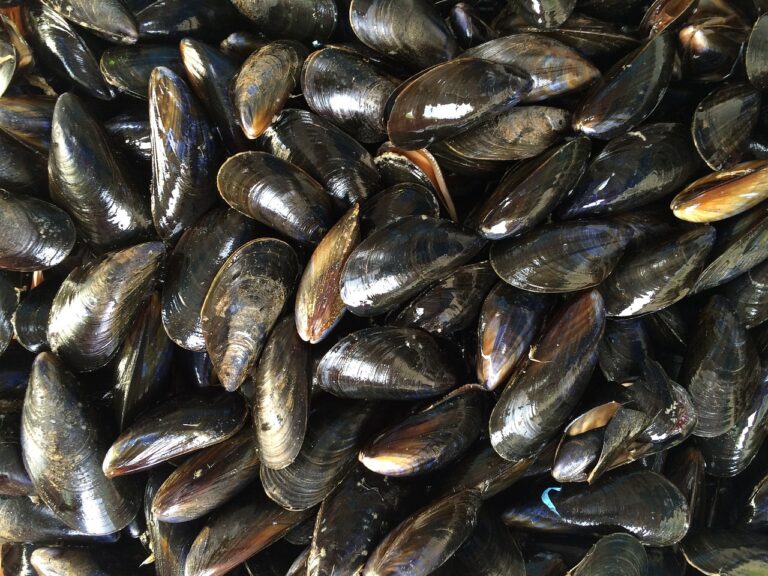The Science of Food Microbiology: Understanding Bacteria and Food Safety
Food microbiology is the branch of microbiology that focuses on the study of microorganisms in food products. These microorganisms encompass a wide range of species, including bacteria, yeasts, molds, and viruses. Understanding food microbiology is crucial as it plays a fundamental role in the safety and quality of our food supply.
Microorganisms can be both beneficial and harmful when interacting with food. While some bacteria aid in food fermentation, enhancing flavor and texture, others can lead to spoilage or even cause foodborne illnesses. The study of food microbiology delves into these complexities, helping us comprehend how microorganisms impact the foods we consume daily.
How Bacteria Interact with Food
Bacteria interact with food in various ways, influencing its taste, texture, and safety. One common method of interaction is through the process of fermentation, where bacteria break down sugars in food to produce acids, alcohol, and gases. This fermentation process not only adds flavor to foods like yogurt, cheese, and sauerkraut but also acts as a natural preservative, extending the shelf life of these products.
Moreover, bacteria can also interact with food by producing enzymes that help break down complex molecules into simpler forms that can be easily absorbed by our bodies. For example, the enzymes produced by bacteria in our digestive system help us digest certain components of food that our bodies cannot break down on their own. In this way, bacteria play a crucial role in aiding our digestion and ensuring we extract the maximum nutritional benefits from the food we consume.
The Role of Bacteria in Food Spoilage
Bacteria play a significant role in food spoilage due to their ability to break down food components, leading to changes in texture, taste, and smell. They thrive in environments with suitable conditions, such as adequate moisture and temperature, allowing them to multiply rapidly and cause deterioration in various food products.
Moreover, different types of bacteria can produce enzymes that accelerate the spoilage process by breaking down proteins, fats, and carbohydrates present in food. This breakdown results in the formation of by-products that can alter the sensory properties of the food, making it unpalatable or unsafe for consumption. Understanding the role of bacteria in food spoilage is crucial for implementing proper food handling and storage practices to prevent contamination and extend the shelf life of perishable items.
What is food microbiology?
Food microbiology is the study of microorganisms that inhabit, create, or contaminate food products. This includes bacteria, fungi, viruses, and parasites.
How do bacteria interact with food?
Bacteria can interact with food in various ways, such as by fermenting, spoiling, or contaminating it. Some bacteria can also produce toxins that can cause foodborne illnesses.
What role do bacteria play in food spoilage?
Bacteria are one of the main culprits in food spoilage. They can break down proteins and lipids in food, leading to off flavors, odors, and textures. Additionally, some bacteria can produce enzymes that degrade food components, causing them to spoil faster.

